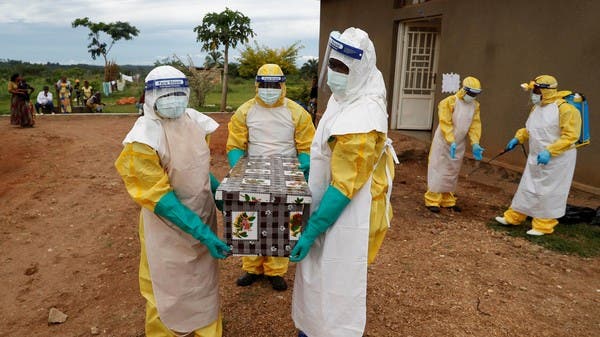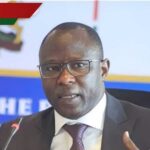KAMPALA, Uganda -Uganda’s Ministry of Health on Friday declared an end to the Ebola virus outbreak that emerged earlier this year, less than three months after the first confirmed case in the capital, Kampala.
The announcement marks a rare and swift containment of a disease that has plagued parts of East and Central Africa for decades.
The outbreak, which was initially confirmed in late February, led to 36 confirmed infections and 14 deaths, according to the World Health Organization.
But aggressive contact tracing, quarantine enforcement, and community engagement helped halt the virus’s spread before it could overwhelm the country’s health system.
“This is a testament to our preparedness, coordination, and the resilience of Ugandan health workers,” said Health Minister Dr. Jane Ruth Aceng in a nationally televised briefing.
“Uganda has once again demonstrated that rapid response, transparency, and science-based measures save lives.”
Public health officials say the outbreak was caused by the Sudan strain of the Ebola virus, which has no approved vaccine. Unlike the more commonly known Zaire strain, the Sudan strain has posed particular challenges in past outbreaks due to the lack of pre-existing immunization tools.
Still, health workers moved quickly. Dozens of medical personnel were deployed to high-risk districts, and mobile isolation units were established in several areas. Uganda’s experience with previous outbreaks—most recently in 2022—proved vital in shaping the response.
The World Health Organization praised the announcement, calling Uganda’s containment efforts “a model of speed and coordination in outbreak control.” The agency also noted that no new cases had been reported in over 42 days, the threshold used to declare an Ebola outbreak officially over.
However, the outbreak has left lingering concerns. Health workers have reported burnout, and some communities remain skeptical of public health messaging. Human rights groups have also raised questions about the use of force during lockdowns in affected districts.
Despite the challenges, the end of the outbreak comes as a major relief in a region still reeling from economic hardship and ongoing refugee inflows.
Uganda, which hosts the largest refugee population in Africa, had feared a broader public health crisis if the virus had spread to high-density settlements.
In Kampala’s Kawempe division, where the first case was identified, residents welcomed the news with cautious optimism.
“We thank God, but we also thank the doctors,” said Hadijah Namusoke, a local shopkeeper. “Now we hope life can go back to normal.”





